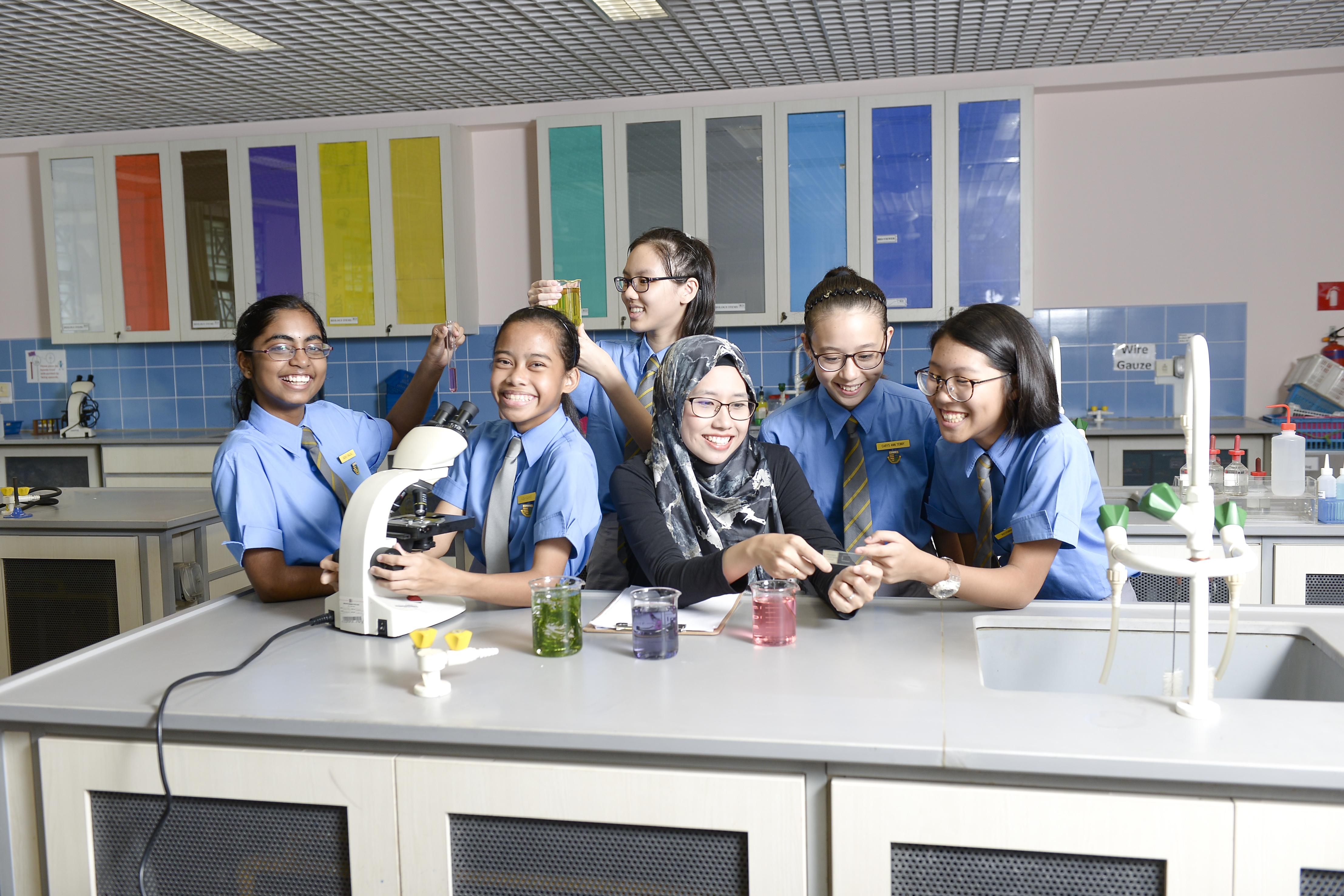Science
Science

|
Department Vision: |
Our vision is to inspire an innovative learning environment where students are empowered to explore, create, and seek solutions to real-world problems. Moving beyond content knowledge, we foster a culture of curiosity and critical thinking. Our teachers, as a collaborative team across the disciplines of Biology, Chemistry, and Physics, guide students in applying scientific concepts to address local and global challenges. We strive to cultivate scientifically literate individuals who are equipped to make informed decisions and contribute responsibly to the future of Singapore and the world. |
|
Teaching and Learning Approaches: |
Our teaching and learning approach foster critical, adaptive and inventive thinking skills through a multi-modality framework. This is achieved by: Inquiry-Based Learning: Context-Based Problem Solving: Collaborative Learning: Discussion of Socio-scientific Issues: |
|
Key Programmes: |
Every year, the department organises learning journeys for specific cohorts
of students. This allows students to further build their curiosity in the
subject and appreciate the application of scientific concepts in our daily
life.
To stretch the potential of our high ability science students, we provide them with the opportunity to participate in the Singapore Junior Chemistry, Biology, and Physics Olympiads. Through these competitions, students will explore concepts beyond the school syllabus, sharpen their problem-solving skills, and apply their knowledge to tackle challenging scientific problems.
For our lower secondary students who are passionate about science, they have the exciting opportunity to participate in the Singapore Youth STEM Fair (SYSF), a national competition promoting inquiry, innovation, and problem-solving in STEM. Evolving from the Singapore Youth Science Fair, it encourages students to explore real-world challenges through investigative research and prototyping.
The National STEM Championship (NSC) challenges Year 3 students to apply scientific knowledge and problem-solving skills in real-world contexts. Through interdisciplinary STEM challenges, they develop innovation, critical thinking, and teamwork while tackling complex global issues. Participation nurtures resilience and prepares them for future STEM pursuits.
Science AA at Year 2 and Year 3 are intentionally designed to develop and assess Emerging 21st Century Competencies. |

